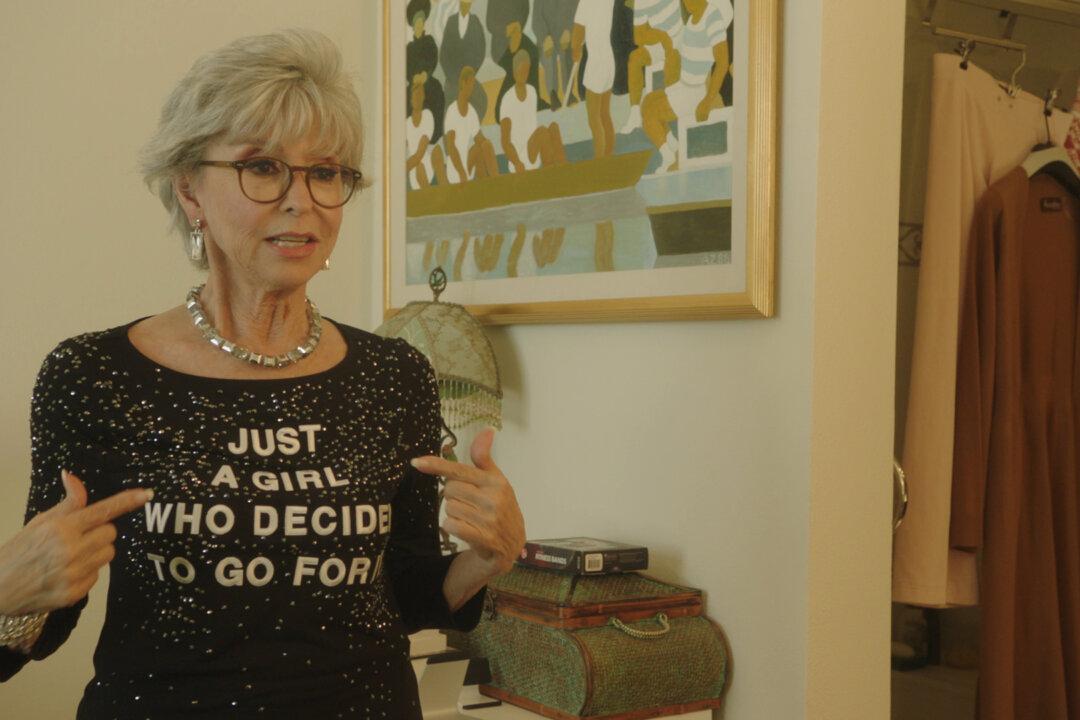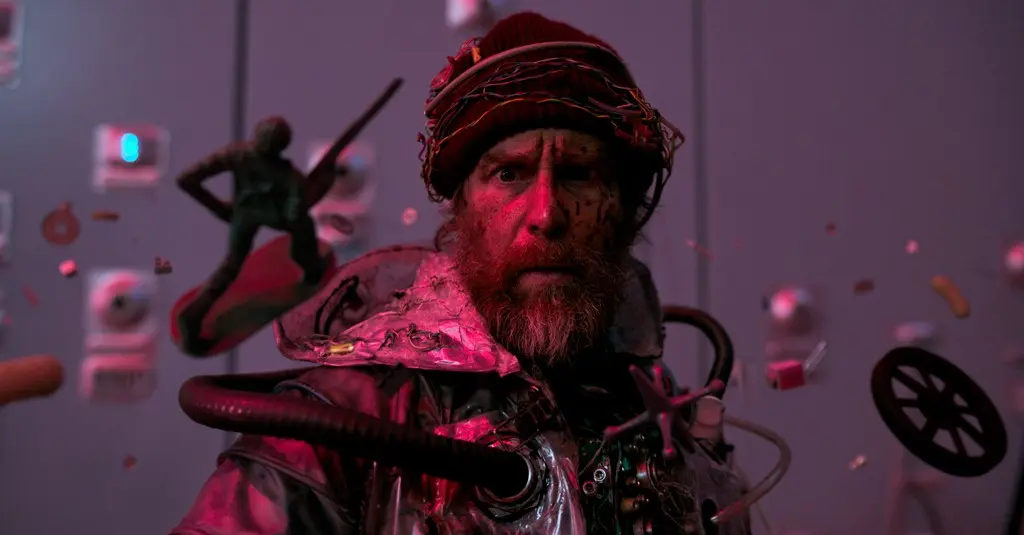R | 1h 30min | Biography, Documentary | 18 June 2021 (USA)
As plum and deserving as any entertainer living or dead for their own biographical documentary, the now 89-year-old Rita Moreno is an undeniable national treasure both in her native Puerto Rico and in the United States. She is the only person to ever win competitive Emmy, Grammy, Oscar, and Tony awards (collectively known as the “EGOT”), who has also received a Peabody, a Presidential Medal of Freedom Award, a National Medal of Arts Award, and a Kennedy Center Honor. To label Moreno as an overachiever would be a huge understatement.






